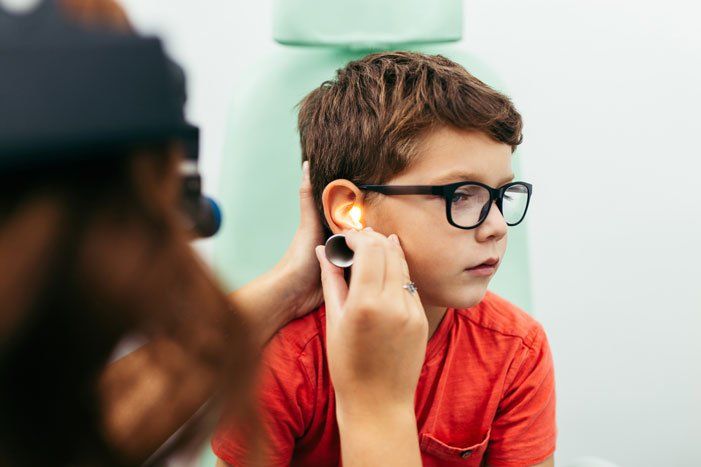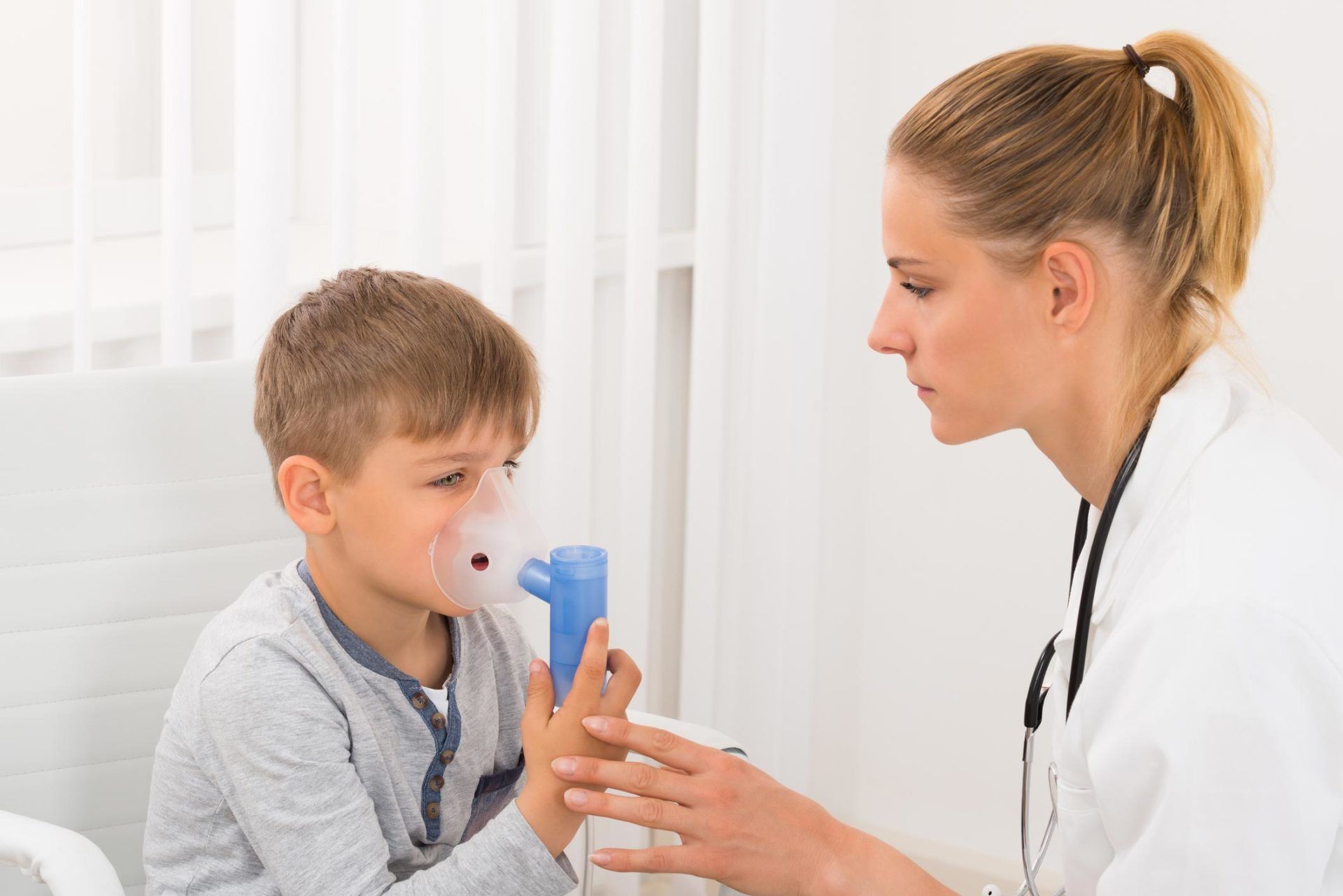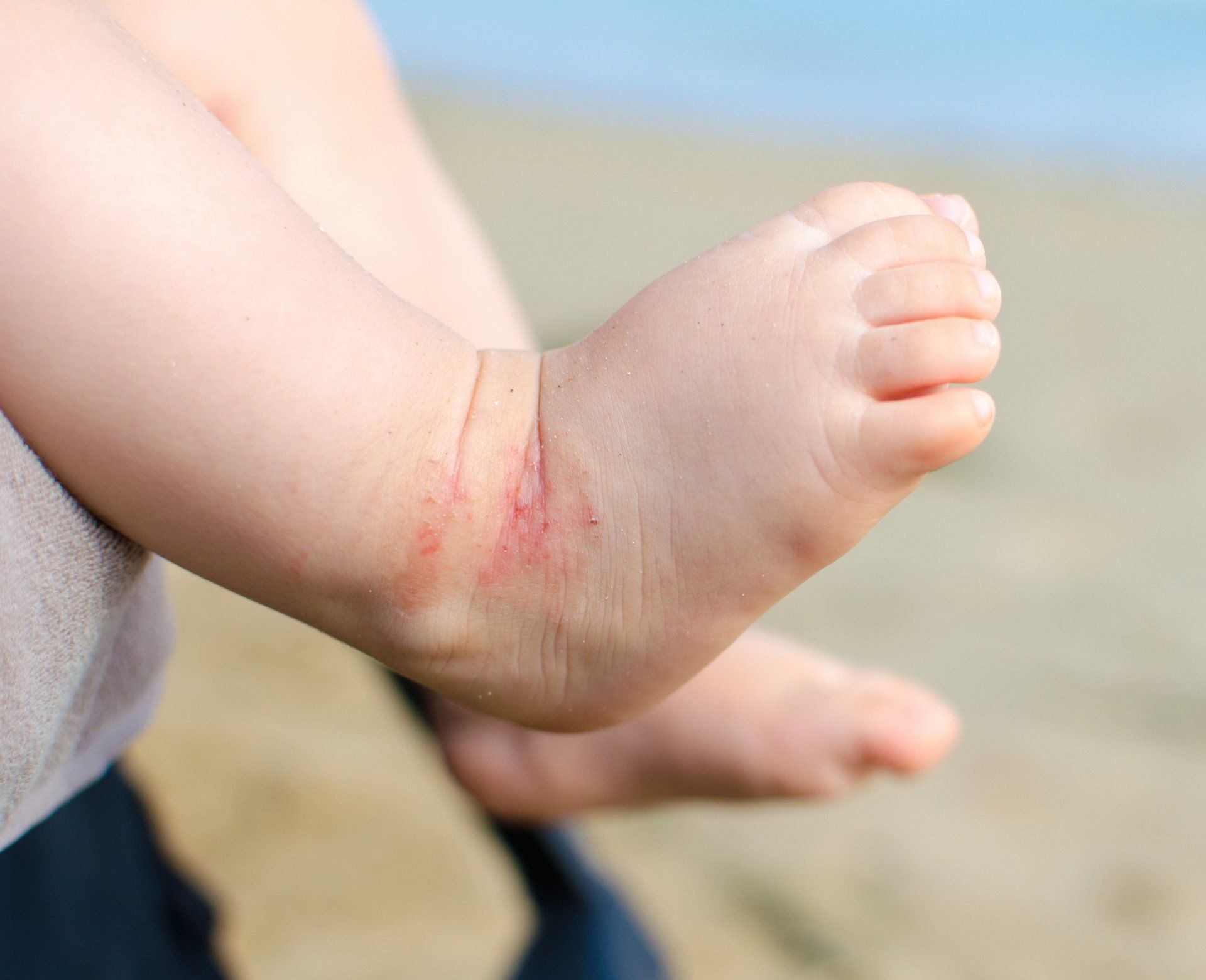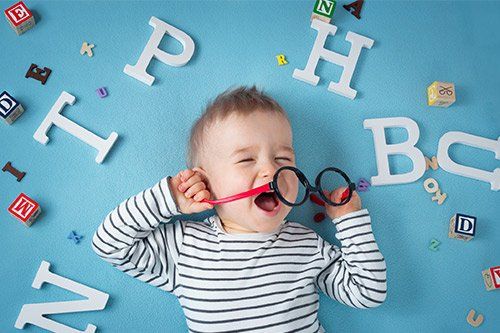Hearing Screenings and Monitoring Your Child's Development
Approximately two to three babies in the United States are born with detectable hearing loss in one or both ears. Any sort of hearing loss, even mild hearing loss, can delay social, emotional, and cognitive development at this stage. What's more, children and teens can acquire hearing loss at any time throughout their development. As many as 20 percent of teens have some degree of hearing loss.
Periodic and timely hearing screenings can detect hearing loss before your child falls behind in school or experiences developmental delays.
Infant Hearing Screenings
The Centers for Disease Control and Prevention (CDC) recommends that all infants receive a hearing screening before turning 1 month old. Your baby will likely receive the first test soon after birth and before you bring them home from the hospital.
If your baby does not pass the screening, they will receive a more in-depth screening before they turn 3 months old. The goal is to find any potential hearing loss so your child can get help before the age of 6 months. Early intervention is key for your child's development.
Childhood Hearing Screenings
If your child is at risk for hearing loss, they will have another test at approximately 2 years of age. If your child passed the infant hearing test and is not at high risk for hearing loss, they will continue to get screenings at the ages of 4, 5, 6, 8, and 10. These screenings may be performed at your pediatrician's office, but they can also be performed by your child's school.
If at any time your child appears to have hearing loss, their doctor may order more hearing tests. There are several types of tests, each measuring a different part of the hearing process via various methods.
Symptoms of Pediatric Hearing Loss
You are a crucial part of early hearing loss detection. Since hearing loss can occur at any time, it is up to you to watch out for signs of hearing loss and report them to your child's pediatrician. Symptoms of early childhood hearing loss include:
- Difficulty speaking
- Inattentiveness
- Difficulty learning
- Turning volume up
- Not responding when spoken to
- Getting frustrated by noisy situations
Pay attention to those baby milestones too. If your baby does not turn their head toward sound by 6 months of age or try to imitate sounds by 12 months of age, they may have hearing loss.
Causes of Hearing Loss
A multitude of things can cause or contribute to hearing loss. Loud noises and listening to high-volume devices are major causes of hearing loss in babies, children, and teens. But there are other causes as well, including premature birth, jaundice, certain medications, birth complications, ear infections, meningitis, and trauma.
A family history of childhood hearing loss, while not a definite clue that your child will have hearing loss, may make your child more susceptible to hearing issues.
When to Contact Your Pediatrician
In addition to having your child's routine hearing screenings performed, you should contact your pediatrician at the first sign of hearing loss. If you notice any symptoms of hearing loss, or if your child complains of not being able to hear, it's better to have it checked out sooner rather than later. Early treatment is key since intervention can forestall any developmental delays.
Even if your child has passed hearing screenings in the past, you should still let your child's pediatrician know about any concerns you have about your child's hearing.
Regular and timely hearing screenings are vital for your child's development. If your child is due for a routine hearing screening, or if you have concerns regarding your child's hearing, contact Y.H. Parikh & Associates to set up an appointment at our office on Singleton Road.








